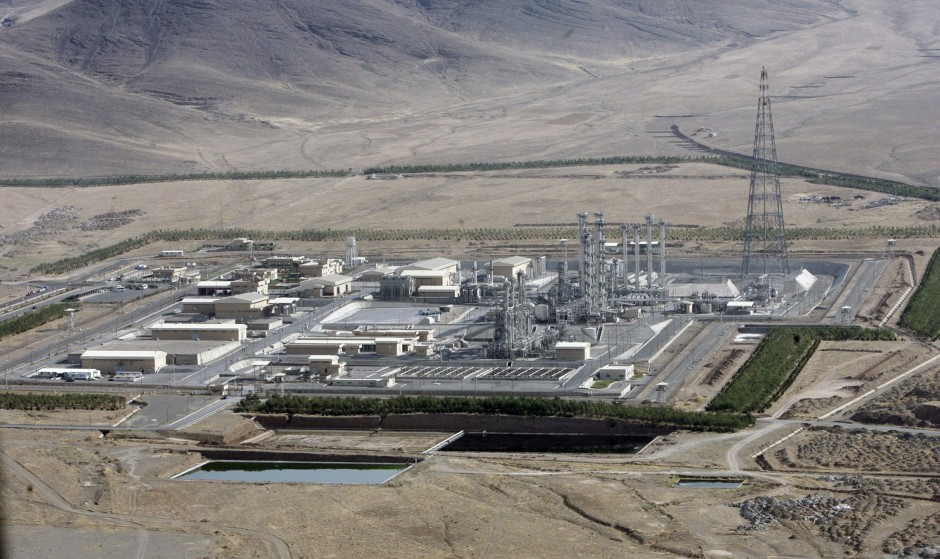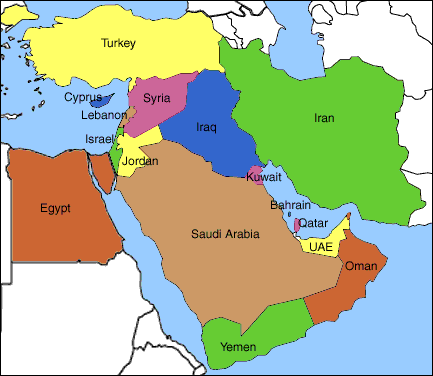Israel and its closest ally, the United States, are embroiled in an acrimonious dispute over a looming agreement to constrain Iran’s contentious nuclear program.
The broad objective of the latest round of talks, which have been going on for one and a half years, is to ensure that Iran cannot build a full-fledged nuclear arsenal. If the Iranian government accepts these limitations, economic sanctions against Iran will be gradually lifted.
The deadlines for reaching a framework and a full agreement are respectively March 31 and June 30. But negotiators may fall short of the mark. U.S. Secretary of State John Kerry has said there are still “significant gaps” between Iran and the six major powers, and he has ruled out the possibility of a further extension. Talks have already been extended twice.
The Obama administration continues to insist that no deal is better than a bad deal. These are soothing words, but Israel fears that the major powers and Iran are heading toward an agreement that will implicitly allow Iran to become a nuclear threshold state that can threaten its existence.
Concerned that such an agreement may be contrary to its vital interests, Israeli Prime Minister Benjamin Netanyahu has been lobbying against an accord that leaves Iran with the capability of manufacturing a nuclear bomb.
Netanyahu’s decision to challenge the United States on a key foreign policy issue has had consequences. The White House, proceeding from the assumption that Israel has leaked details of the negotiations to upend them, has withheld sensitive information from the Israeli government, causing a rift between the two allies.
Convinced that Israel’s fundamental interests are threatened by the direction of the talks, Netanyahu is going ahead with plans to deliver a speech to a joint session of the U.S. Congress on March 3. John Boehner, the Republican Speaker of the House of Representatives, invited Netanyahu without so much as bothering to inform the Obama administration in advance.
The egregious breach in diplomatic protocol so angered the White House that President Barack Obama announced he would not meet Netanyahu while he was in Washington, D.C. The vice president, Joe Biden, expressed annoyance too, saying he would skip Netanyahu’s speech as well. Some Democratic Party members of Congress have also indicated they will stay away.
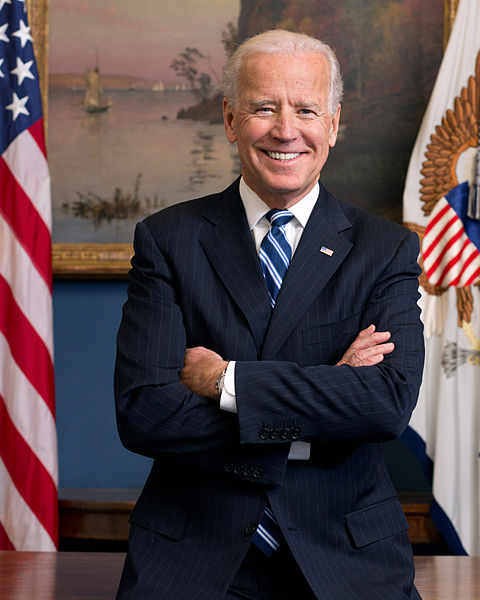
Netanyahu has come under intense pressure to cancel his appearance before Congress, but he argues that he cannot turn down an invitation from American friends and supporters “to speak on a matter that could affect our very existence.”
He added, “It’s my sacred duty to make Israel’s case.”
Netanyahu believes he must “try to influence the negotiations while they’re still ongoing” rather to lambaste a fait accompli — a flawed agreement that has been signed-and-sealed. As he put it recently, “I think the whole point of Zionism is that the Jewish people will no longer be spectators to the decision-making that determines our fate.”
In his much anticipated address to Congress, Netanyahu is expected to explain why he opposes what he would perceive to be an inadequate agreement and why he supports the imposition of further congressional economic sanctions on Iran.
By contrast, the United States holds that new sanctions would automatically derail an agreement, which the Obama administration would regard as a seminal foreign policy achievement.
Netanyahu reportedly objects to the mooted agreement on two grounds.
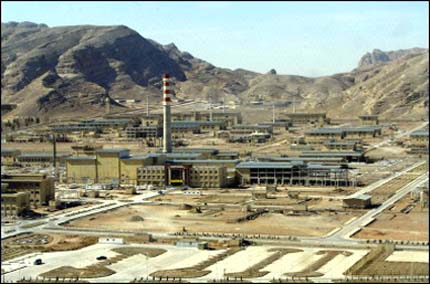
It would permit Iran — an Islamic theocratic state that calls for Israel’s destruction and actively supports Israel’s enemies — to continue enriching uranium in thousands rather than in hundreds of centrifuges.
It would leave Iran with enough enriched uranium to manufacture a nuclear bomb or bombs within “mere months” rather than years, charges Netanyahu, who vigorously denounced the interim pact of November 2013 because it formally endorsed Iran’s intrinsic right to enrich low-grade uranium.
“The current proposal to Iran would endanger Israel,” Netanyahu said recently. “It would enable Iran to break out to its first nuclear device within an unacceptably short time. And it would allow Iran to build an industrial capability to enrich uranium that could provide the fuel for many bombs in the coming years.”
Furthermore, Iran’s evasiveness over its nuclear program is compelling proof that it cannot be trusted to abide by any accord, Netanyahu says.
Iran’s standard response has been that its nuclear program is peaceful in nature and that militarized atomic technology is contrary to the tenets of Islam.

Israel’s minister of intelligence, Yuval Steinitz, maintains that Iran has shown little or no flexibility on key issues such as uranium enrichment and the destruction of its nuclear infrastructure. Consequently, he warns, the agreement being thrashed out between Iran and the super powers — the United States, Russia, China, Britain, France and Germany — is “full of loopholes.”
Steinitz, in a recent interview with The Washington Post, said that Israel is skeptical about the nature of the talks. “From the very beginning, we made it clear we had reservations about the negotiations. We thought the goal should be to get rid of the Iranian nuclear threat, not verify or inspect it.”
The Obama administration, which has consistently stated its opposition to a nuclear-armed Iran, holds a far different view.
With the Iranian regime having frozen its nuclear program since the signing of the interim accord in 2013, Iran has made no discernible technical advances, Washington claims. And a permanent agreement, it points out, would curtail Iran’s nuclear ambitions and subject Iran to a tough regimen of international monitoring and inspections.
No agreement, on the other hand, might well encourage Iran to upgrade its nuclear capabilities, a development that might eventually lead to war. Another scenario is that Israel would grudgingly learn to live with an Iranian nuclear state.
Of course, Israel might decide to act unilaterally against Iran. “All options are still on the table,” Steinitz said last week in a veiled allusion to an Israeli air strike on Iran’s nuclear sites. “We never limited Israel’s right of self-defence because of some diplomatic constraints.”
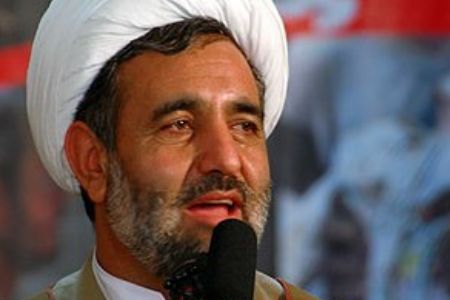
Israel has been threatening military action for the past several years, but Iran remains defiant. “If the Zionists were certain they could win a war against us, they’d have initiated one by now,” declared Mojtaba Zolnour, a senior figure in Iran’s Revolutionary Guards Corps, on February 22. “But since they don’t have the strength to do so, they do nothing but threaten.”
Not content with merely taunting Israel, Zolnour warned that Tel Aviv would be destroyed by a barrage of Iranian missiles should Israel launch hostilities.
Zolnour issued his threat a day after Israeli Foreign Minister Avigdor Liberman chided Netanyahu for confining himself to rhetoric with respect to Iran. “We need decisiveness, determination, not whining,” said Liberman, who urged Israel to refrain from publicizing its intentions if it wants to “shoot” rather “talk.”
He raises a pertinent point.
Israel bombed two Arab nuclear reactors — Iraq’s in 1981 and Syria’s in 2007 — without a word of warning. Neither Iraq nor Syria retaliated. But as Iranian officials have promised in thunderous threats, Iran would carry out devastating reprisal strikes, which would probably kill thousands of Israelis and level entire neighborhoods in Israeli cities.
At the end of the day, one question looms large. Does a nuclear-armed Iran pose an existential threat to Israel? Netanyahu certainly thinks so. But some of his political adversaries and several former members of the security establishment strongly disagree with Netanyahu’s appraisal.
